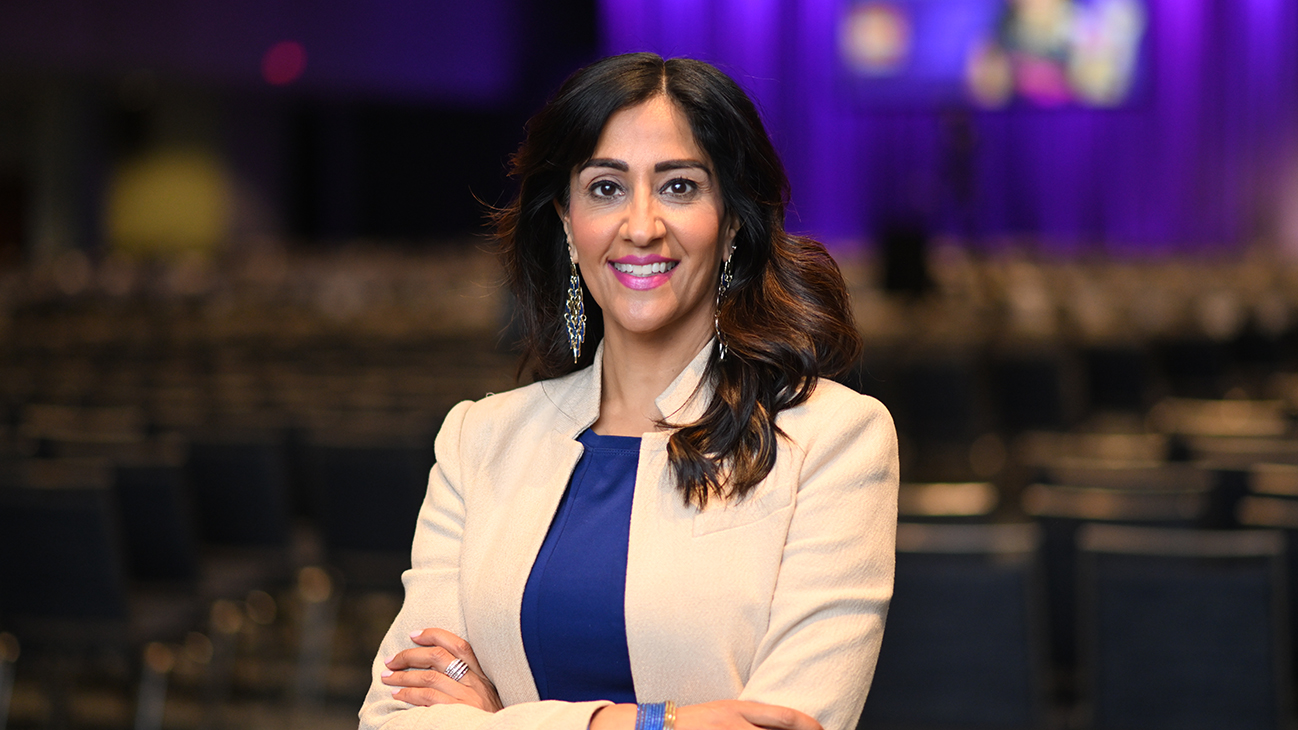Fostering open and respectful dialogue has become a significant challenge in recent years as the divide and polarization between political parties, cultural belief systems, and even outlooks widen. The increased use of social media to spread misinformation only fans the flames of divisiveness, with some pointing to “cancel culture” as contributing to an “us vs. them” mentality rather than creating a space where all people feel safe adding to a collective conversation.
Having difficult conversations is crucial for building understanding, empathy, connection, and action. Discover some of the behaviours that hinder productive dialogue and their harmful impact, as well as some tips to cultivate an environment of respectful communication.
Stonewalling, Name-Calling, and Argumentative Behaviours
Stonewalling, name-calling, and argumentative behaviours all hinder productive dialogue by suppressing empathy, curiosity, and meaningful conversations. This can negatively impact relationships between individuals, create a toxic workplace environment, and breed a culture of repression, volatility, passive aggressiveness, and overt violence on a larger scale.
What do these look like in the wild?
Stonewalling is a defensive response in which individuals shut down emotionally, creating a barrier to effective communication. It can be a fear response to conflict or aggression, such as refusing to communicate with anyone with a different viewpoint. Regardless of the motivation behind it, stonewalling leads to frustration and a lack of openness on both sides.
Name-calling and/or finger-pointing are commonly used from the safety of a keyboard. These behaviours often manifest in offensive comments that are defended as “jokes” or “freedom of speech.” Yet, even seemingly harmless remarks can perpetuate harmful stereotypes and contribute to a culture of intolerance. Engaging in such behaviour, even in the guise of humour or to provoke, reflects a lack of awareness of the impact of one’s words and actions. So while someone may not identify as racist, their comments can still perpetuate racist ideologies and contribute to the continued marginalization of certain groups within society.
Argumentative behaviours escalate disagreements into confrontations. We often see this in the comment section of a heated post. These behaviours show an unwillingness to listen to perspectives that are not in line with one’s own but rather than going silent, they get louder.
Harmful Outcomes of a Lack of Respectful Communication
A divided political sphere, fear of dialogue, and public resentment and volatility are symptoms of a society where open discourse is stifled. Innovation and solutions stagnate when people avoid challenging conversations or seek to censor or punish opinions and outlooks.
The current climate of divisiveness, public anger, and fear of sharing perspectives has led to the creation of a “cancel culture”, which can sometimes also be a cloak for more gender or race discrimination. Cancel culture and public shaming can have positive impacts by publicly highlighting behaviours and beliefs that are not tolerated, such as racism, sexism, homophobia, etc. However, the harmful side of this practice is that it can also create an atmosphere of fear and a lack of healthy discourse.
If people are afraid to express their views on “hot topics” for fear of being misquoted, misunderstood, or even canceled, this fear can lead to isolation, frustration, hopelessness, and depression. To move forward, we need to make room for healthy questions, discourse, mistakes, or differences of opinion.
Elements of Respectful Communication in Disagreement
Respectful communication involves active listening, empathy, and curiosity. It requires a shift from attempting to change minds to seeking an understanding of all viewpoints for a complete picture. By embracing diverse perspectives, we lay the foundation for constructive conversations that bridge gaps rather than widen divides.
If you are afraid to speak up or have been publicly shamed for your opinion or a mistake you’ve made, these are a few things you can do to protect your mental well-being:
- Disconnect from social media, at least for a while. Social media allows people to abuse, hate, and even rage-farm without consequence and with anonymity.
- If you’ve made a mistake or regret a comment, apologize. Offer a genuine apology and listen to advice on how to improve. Listening goes both ways.
- Don’t post online if you’re feeling “reactive” about a topic. If you have witnessed something that offends you, your judgment may be clouded by primal emotions of fear or threat, and you could say something you regret later.
- Seek out and empathize with the other person’s perspective and adopt a view of curiosity rather than judgment yourself.
- Talk to someone. If you’re feeling stress and anxiety surrounding “cancel culture”, feeling silenced or ashamed, speak to someone you trust or a professional.
What Can We Do?
Navigating difficult conversations is crucial in a world that yearns for connection, understanding, and action-oriented solutions. By acknowledging the harmful outcomes of a lack of respectful communication and recognizing the psychological toll of a silenced, angry, polarized society, we pave the way for a more inclusive, empathetic, and solution-focused future. Adopt a curious lens and view discourse as a means to foster connection in our diverse world and better understand the nuances of complex topics.
Dr. Shimi Kang is an award-winning medical doctor, researcher, and expert on the neuroscience behind innovation, leadership, and motivation. She draws on 20 years of clinical experience, and extensive research into the science behind optimizing human intelligence, to show audiences how to cultivate key 21st century skills, including resilience, connection, adaptability, creativity, and more.
If you want to create a safe and effective workplace culture that celebrates diverse opinions and views without judgment or fear, contact us to learn more about Shimi and what she can bring to your next event.




